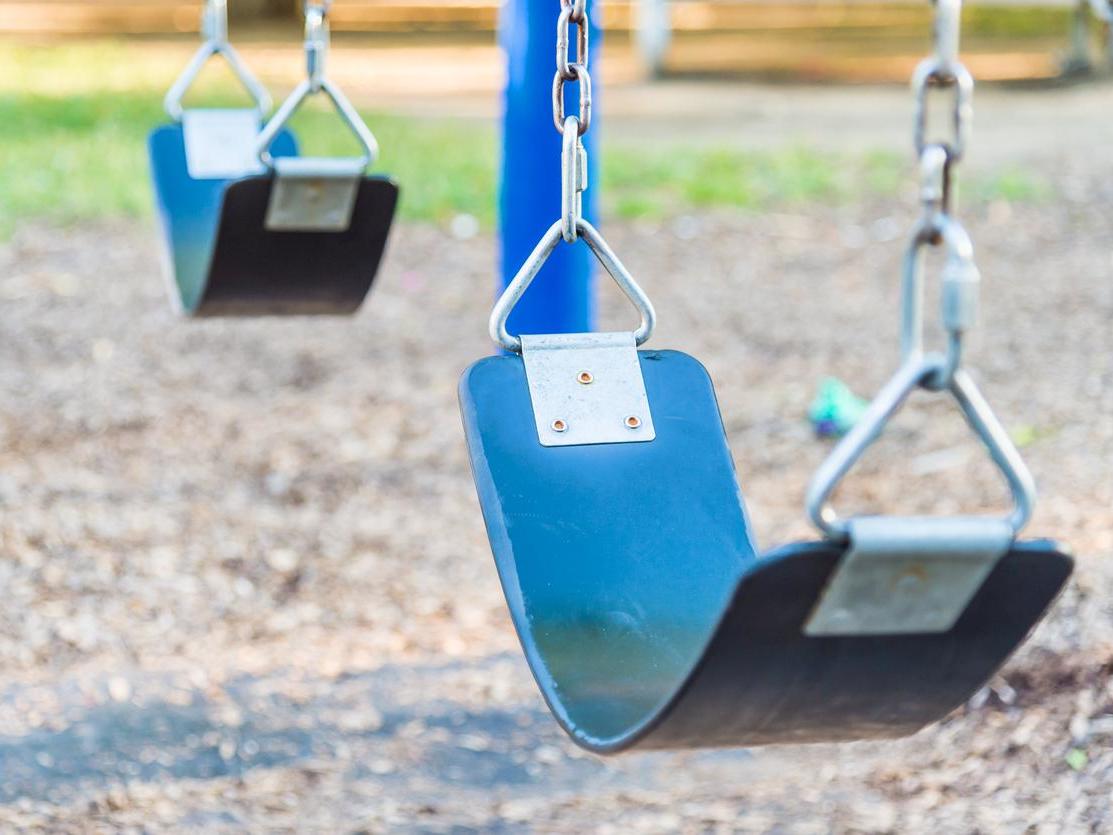Forcing children to work in break time is violation of their rights, psychologists say
Play is critical for young people's wellbeing and development, says report

Your support helps us to tell the story
This election is still a dead heat, according to most polls. In a fight with such wafer-thin margins, we need reporters on the ground talking to the people Trump and Harris are courting. Your support allows us to keep sending journalists to the story.
The Independent is trusted by 27 million Americans from across the entire political spectrum every month. Unlike many other quality news outlets, we choose not to lock you out of our reporting and analysis with paywalls. But quality journalism must still be paid for.
Help us keep bring these critical stories to light. Your support makes all the difference.
Punishing children with break time detentions is a violation of their rights, psychologists have said.
Schools should not force pupils to work through their free time as play is critical for their wellbeing and development, according to the British Psychological Society.
The society’s educational and child psychology division said it was “concerned” by the diminishing opportunities for play within the lives of children, adding that it is a “fundamental right”.
It comes after a study earlier this year revealed that school break times have been cut by as much as an hour over the past two decades amid funding cuts and a drive to tackle bad behaviour.
“The benefits of play for children, including older children, have been well documented by educational psychologists, and it is crucial that this part of their development isn’t taken away as a punishment for misbehaviour or to complete unfinished work," said Dr Gavin Morgan, chair of the society’s division.
“Play improves physical and emotional wellbeing, and creates stronger relationships between peers, within families and across wider communities.”
He added that the society “strongly advocates for children’s fundamental right to play” during the school day.
"We encourage all educational psychologists to use the influence they have to challenge practices which restrict or reduce access to play, and advocate initiatives which promote it,” he said.
The warning came amid concerns about the mental health of young people and childhood obesity.
It also follows research from the University College London’s Institute of Education which revealed that one in four secondary schools now leave only 35 minutes or less for lunch.
The study warned of a near “virtual elimination” of afternoon breaks and shorter lunch breaks.
At key stage 1 in primary school, where children are aged five to seven, pupils now have 45 minutes less break time per week than children of the same age in 1995.
Meanwhile, pupils at key stage 3 and 4 (aged 11 to 16) have 65 minutes less than two decades ago.
Subscribe to Independent Premium to bookmark this article
Want to bookmark your favourite articles and stories to read or reference later? Start your Independent Premium subscription today.
Join our commenting forum
Join thought-provoking conversations, follow other Independent readers and see their replies
Comments